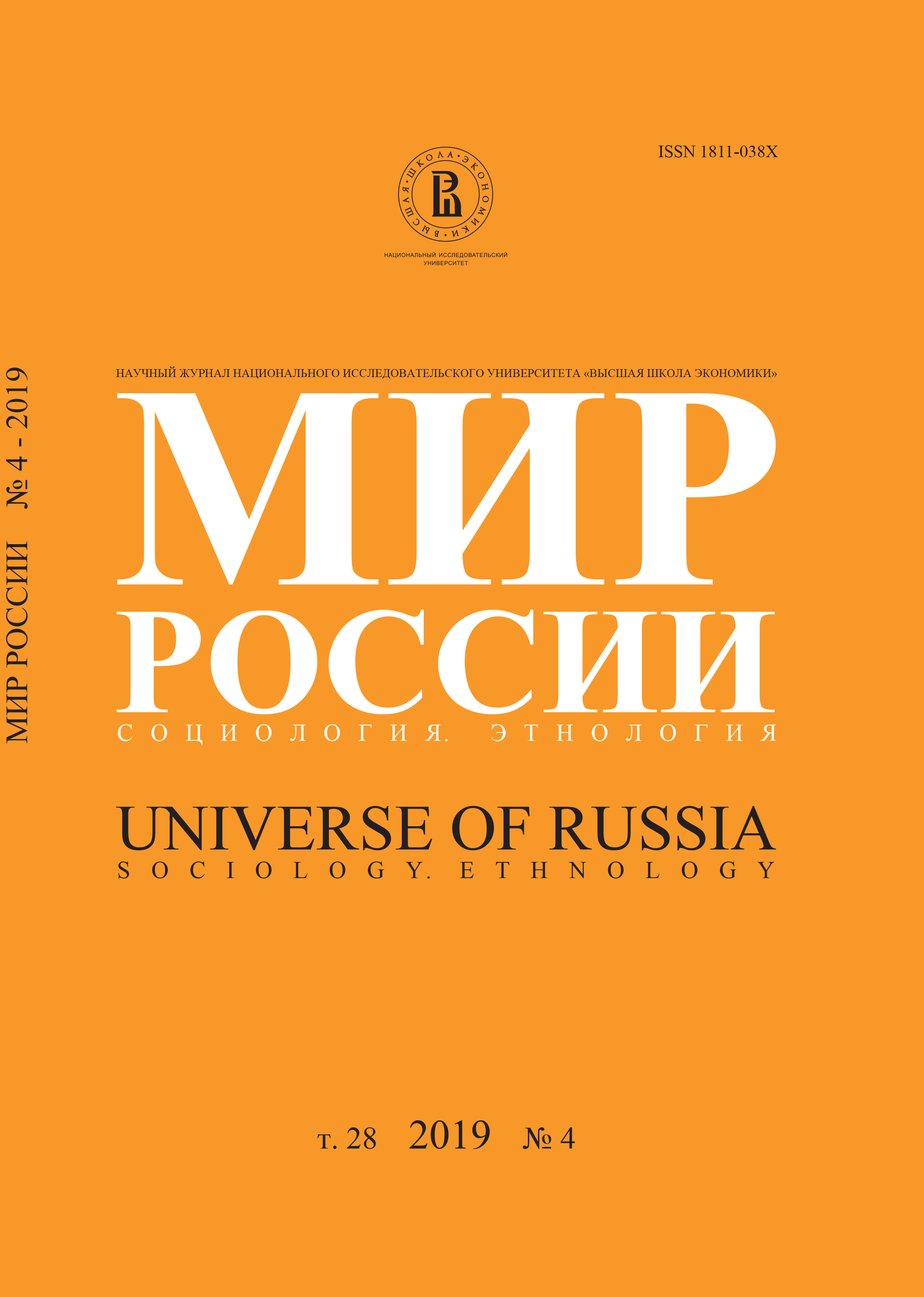The Reform of Postgraduate Education in Russia in the Context of Global Trends
Abstract
Citation: Nefedova A., Dyachenko E. (2019) The Reform of Postgraduate Education in Russia in the Context of Global Trends. Mir Rossii, vol. 28, no 4, pp. 92–111 (in Russian). DOI: 10.17323/1811-038X-2019-28-4-92-111
More than five years have passed since postgraduate education in Russia was promoted to the third level of education in accordance with the Bologna process. These transformations have not been without their problems, most of which have to do with the inertia of the Soviet system of scientific education. First, such education was (and is still) carried out in two different types of institutions: universities and research institutes; and secondly, the system of postgraduate education existed separately from the system of the attestation of scientific personnel.
Practically no studies exist on how the reform affected research institutes, which train about 10% of Russian postgraduate students, and this paper partly fills in the gap by highlighting the consequences of the reform for these organizations. The study is based on data provided by the Russian Federal State Statistics Service and covers the period 2000–2018. It is further enhanced by data from 52 in-depth interviews conducted with the heads of research institutes in different regions of Russia.
The study reveals that the reform does not take into account the specifics of research organizations. This has resulted in new organizational and institutional problems without actually solving the ones that existed prior to the reform, such as the poor motivation and preparation of academic trainees and the overall decline in their numbers. We discuss possible transformations in the system of postgraduate education (and how they are approached by the scientific community) in the context of actual research on the topic in Russia and in the context of global trends. In particular, the following three directions of changes are discussed: 1) the emergence of different models of postgraduate education, 2) increases in the training period followed by the obligatory dissertation defense, 3) the extension of grant support for talented students.






